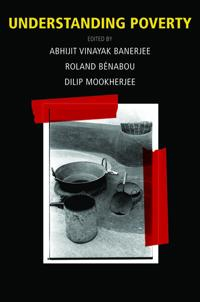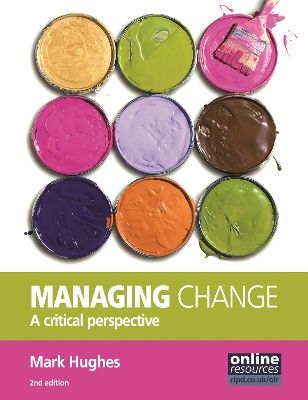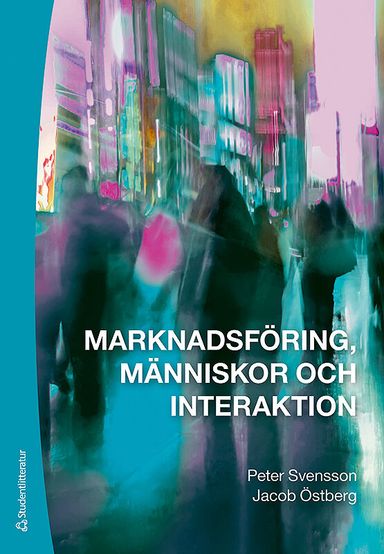

Understanding Poverty Upplaga 2
- Upplaga: 2a upplagan
- Utgiven: 2006
- ISBN: 9780195305203
- Sidor: 496 st
- Förlag: OUP USA
- Format: Häftad
- Språk: Engelska
Om boken
Understanding poverty and what to do about it, is perhaps the central concern of all of economics. Yet the lay public almost never gets to hear what leading professional economists have to say about it. This volume brings together twenty-eight essays by some of the world leaders in the field, who were invited to tell the lay reader about the most important things they have learnt from their research that relate to poverty. The essays cover a wide array of topics: the first essay is about how poverty gets measured. The next section is about the causes of poverty and its persistence, and the ideas range from the impact of colonialism and globalization to the problems of "excessive" population growth, corruption and ethnic conflict. The next section is about policy: how should we fight poverty? The essays discuss how to get drug companies to produce more vaccines for the diseases of the poor, what we should and should not expect from micro-credit, what we should do about child labor, how to design welfare policies that work better and a host of other topics. The final section is about where the puzzles lie: what are the most important anomalies, the big gaps in the way economists think about poverty? The essays talk about the puzzling reluctance of Kenyan farmers to fertilizers, the enduring power of social relationships in economic transactions in developing countries and the need to understand where aspirations come from, and much else. Every essay is written with the aim of presenting the latest and the most sophisticated in economics without any recourse to jargon or technical language.
Åtkomstkoder och digitalt tilläggsmaterial garanteras inte med begagnade böcker
Mer om Understanding Poverty (2006)
I maj 2006 släpptes boken Understanding Poverty skriven av Abhijit Vinayak Banerjee. Det är den 2a upplagan av kursboken. Den är skriven på engelska och består av 496 sidor. Förlaget bakom boken är OUP USA.
Köp boken Understanding Poverty på Studentapan och spara uppåt 45% jämfört med lägsta nypris hos bokhandeln.
Referera till Understanding Poverty (Upplaga 2)
Harvard
Banerjee, A. V. (2006). Understanding Poverty. 2:a uppl. OUP USA.
Oxford
Banerjee, Abhijit Vinayak, Understanding Poverty, 2 uppl. (OUP USA, 2006).
APA
Banerjee, A. V. (2006). Understanding Poverty (2:a uppl.). OUP USA.
Vancouver
Banerjee AV. Understanding Poverty. 2:a uppl. OUP USA; 2006.



















